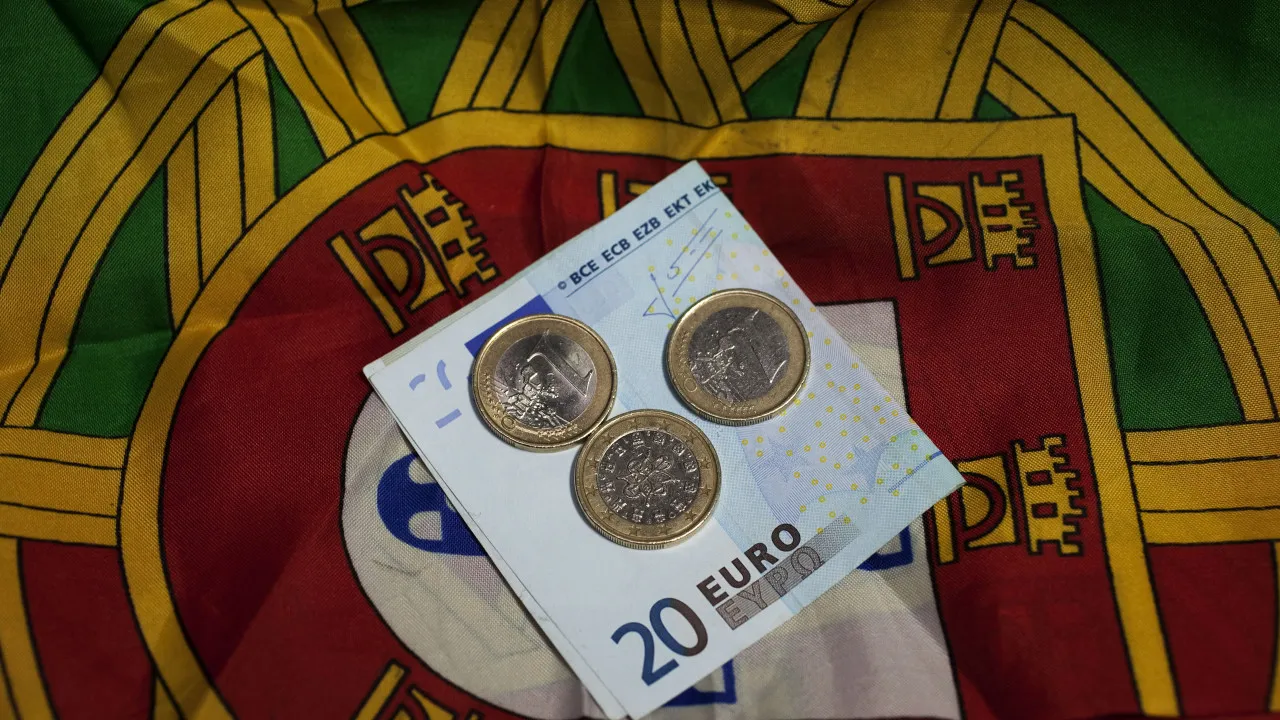
In his book ‘The Carnation Revolution. The Day Portugal’s Dictatorship Fell’, recently published by Relógio d’Água, Alex Fernandes, a writer based in the United Kingdom, asserts that the April 25, 1974, events are aligned with their ideals despite “the resurgence of the far-right and the contestation of the Revolution’s legacy.”
Thinking otherwise “is a fatal mistake,” he states. “Without a doubt, Portugal after 1976 became better in a million different ways than Portugal was in 1973.”
“If historical memory is important for one thing, it is to avoid repeating the greatest mistakes of the past. The Estado Novo was one of them—and it will never return,” he assures, recalling that “the Revolution decisively killed two of the most perverse elements of Portuguese history: the centuries-old colonial project and the vile prison apparatus that kept the population under the regime’s boot for almost five decades.”
This work, originally published in the UK in English last year during the 50th anniversary of the dictatorship’s fall, emerged from Alex Fernandes’s need to explain the Carnation Revolution to his British friends as “one of the most radical moments in Portuguese history.”
The message was immediately understood. The Times likened “The Carnation Revolution. The Day Portugal’s Dictatorship Fell” (Oneworld Publications) to a political thriller, highlighting Alex Fernandes’s “mastery” in research, similar to reviews in The Guardian and The Observer. The Financial Times deemed it “an important and timely read,” especially with the recent emergence of the far-right party Chega in parliament.
“To understand the Portuguese revolution of 1974,” writes Alex Fernandes, “one must understand the Estado Novo, and to understand the Estado Novo, one must understand the foundations that compose the Portuguese national myth.”
Therefore, his book is also a retrospective of Portuguese history, acknowledging that “the memory of the Revolution has been corroded” over 50 years, but “the same happened with the memory of the reasons for the Armed Forces Movement (MFA) launching it and its background,” which include war, exhaustion, and colonialism.
Referring to Chega as “a fascist party,” Fernandes recalls that until its emergence, Portugal maintained “a tacit rejection of explicitly fascist political parties.” However, “there were already far-right elements in Parliament,” which previously “took refuge in the respectability of tendencies like Christian Democracy.”
“Forty-five years is apparently the time it took for Salazar’s specter to openly reach the Portuguese political scene,” he states, referencing Chega’s entry into the Assembleia da República.
Alex Fernandes has been studying the Revolution and Portuguese history for years. In this book, he cites a vast body of documents, including interviews with participants in the coup that turned into a revolution.
April 25, like other historical processes, he asserts, “is a story that can be retold and reinterpreted in many ways to generate a particular narrative.” “The Carnation Revolution has become another story we tell ourselves and each other—with all the editing work that entails.”
Fernandes narrates his account of April 25, guiding the reader through Lisbon, the sites marking Portuguese history, the places of revolution, and concluding at No. 95 Rua da Misericórdia, the headquarters of the Association April 25, meeting with Vasco Lourenço, president of the association and a key figure of the MFA’s coordinating committee, alongside Vitor Alves, Melo Antunes, and Otelo Saraiva de Carvalho.
“So, what do you want to know?” asked Colonel Vasco Lourenço.
The author does not ignore the history of the headquarters building, which once housed the dictatorship’s official newspaper, Diário da Manhã, nor the nearby censorship office. The work and objectives driving the Association April 25, and the need to preserve the memory of the Revolution, which, in Salgueiro Maia (1944-1992), embodied “the Platonic ideal of an officer untainted by political ambitions, besides liberating his country,” are also highlighted.
Every year on April 25, “there are vendors [of carnations] on most corners of Lisbon,” Alex Fernandes describes at the end of the book. “The parade along Avenida da Liberdade is grand and noisy. ‘Grândola, Vila Morena’ is sung. Carnations are raised. The elderly officers are waved at […]. And, perhaps most importantly, it is remembered.”
The recollection in his book not only enforces that “whole and clean initial day,” as written by Sophia de Mello Breyner Andresen, whom he quotes, but also the night and silence from which the country then emerged, to freely inhabit “the substance of time.”
According to historian Andrew M. Mayer from New York University, “what is particularly unusual about this book is that, to effectively explain the events of a single day in 1974, the author first had to lay out almost 500 years of Portuguese history, covering the empire, slavery, monarchy, economy, geography, and the evolution of social customs,” he wrote in the Washington Independent Review of Books. He concludes: “By doing so in such a spectacular way, Fernandes has offered readers an extraordinary gift.”




